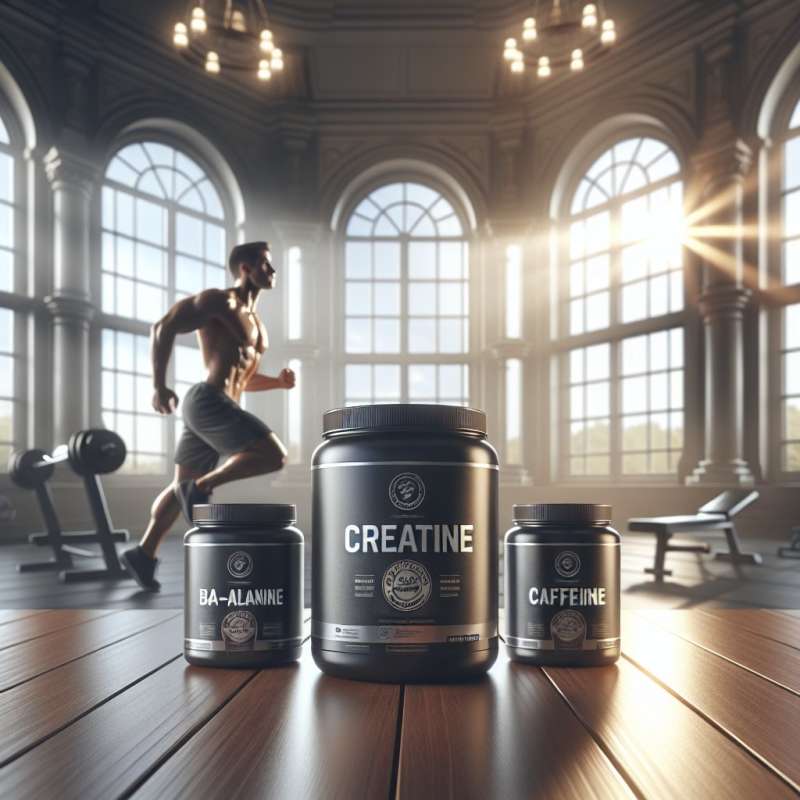
Energy Needs for Athletes
Athletic performance hinges on energy balance. Athletes require more calories than the average person due to their increased activity levels. These aren't just any calories; they must come from nutrient-dense foods to enhance performance and recovery.
Macronutrients: Performance Fuel
Macronutrients are essential for performance. Carbohydrates are the primary source of energy. Proteins support muscle repair and growth. Fats, especially omega-3 fatty acids, can reduce muscle inflammation and improve heart health.
Micronutrients and Athletic Edge
Vitamins and minerals, though required in smaller amounts, play significant roles. Iron for oxygen transport, calcium for bone health, and antioxidants for reducing exercise-induced oxidative stress can give athletes an extra edge.
Hydration: Performance Catalyst
Hydrating properly goes beyond water. Electrolytes, especially sodium and potassium, are lost in sweat and must be replenished to prevent cramps and maintain muscle function. Even a 2% loss in body weight due to dehydration can impair performance.
Timing is Everything
Nutrient timing can enhance athletic performance. Consuming the right balance of nutrients before, during, and after exercise can improve energy levels, endurance, and recovery. For example, consuming protein and carbohydrates post-workout can aid in muscle recovery.
Supplements and Performance
While whole foods should be the foundation of an athlete's diet, certain supplements like creatine, beta-alanine, and caffeine can enhance performance. However, athletes should be cautious and use supplements that are third-party tested for safety.
Dietary Strategies: Periodization
Nutritional periodization involves tailoring dietary intake to the training cycle. During high-intensity training phases, athletes might increase carbohydrates, whereas in recovery or tapering periods, a higher fat intake could be beneficial for maintaining energy balance.
What is the athlete's primary energy source?
Dietary fats and fibers
Carbohydrates
Proteins and amino acids
Company